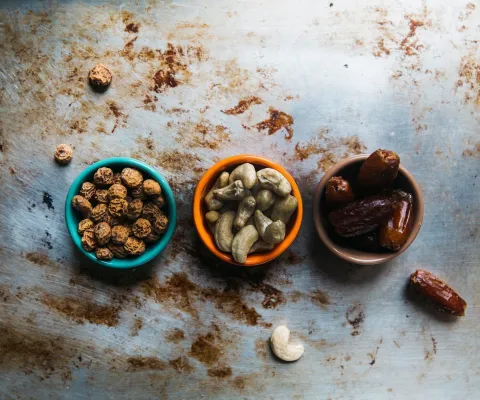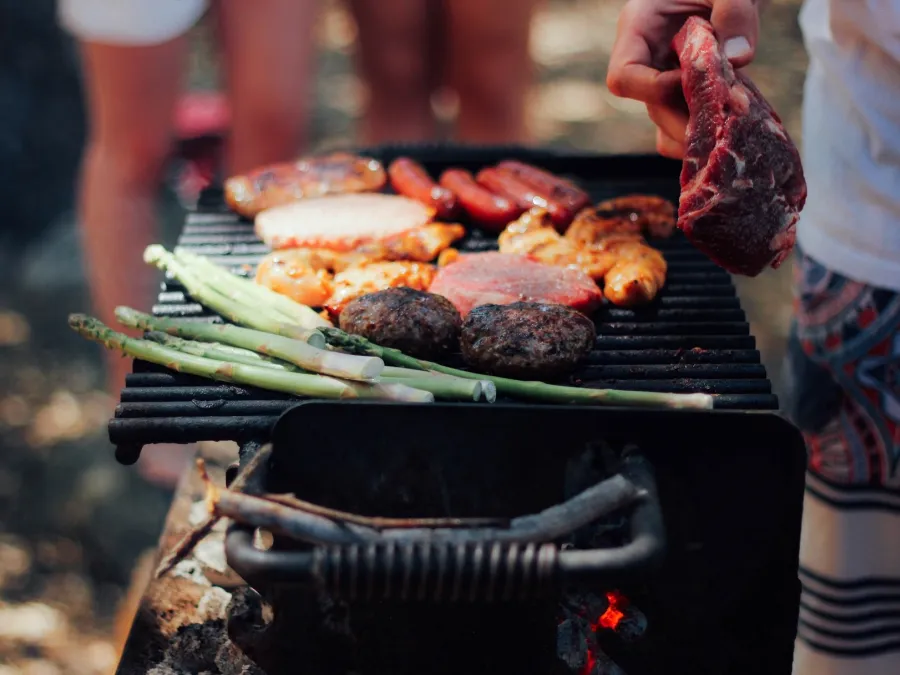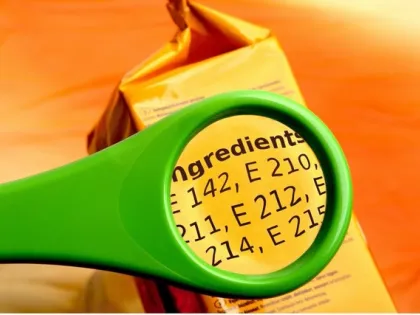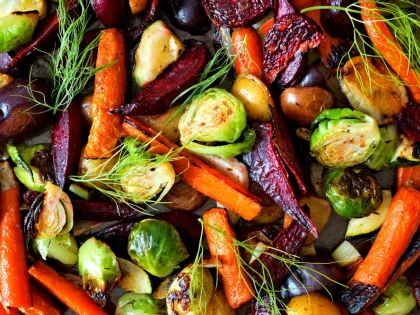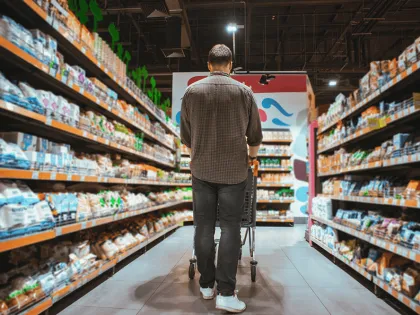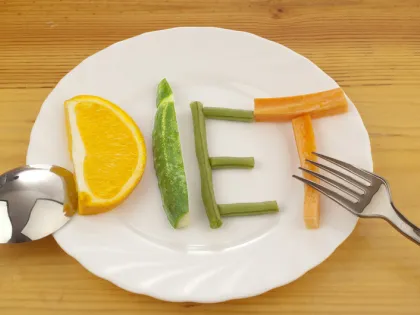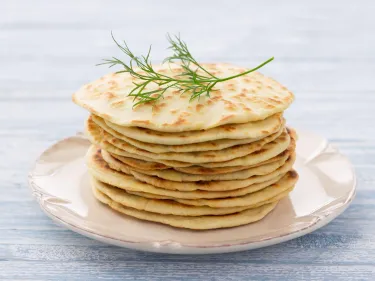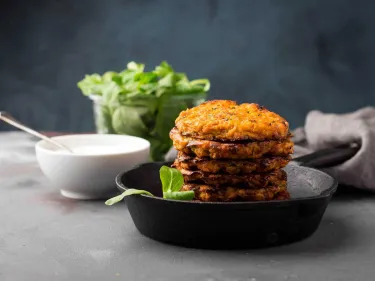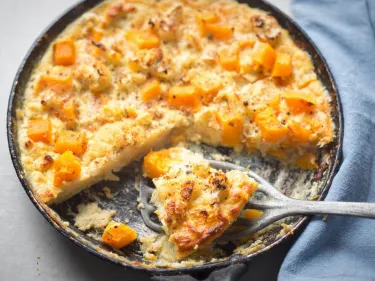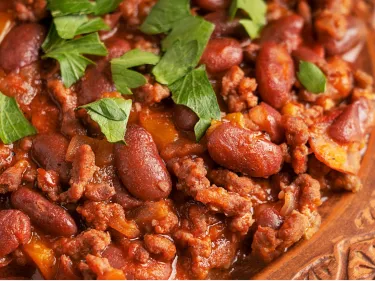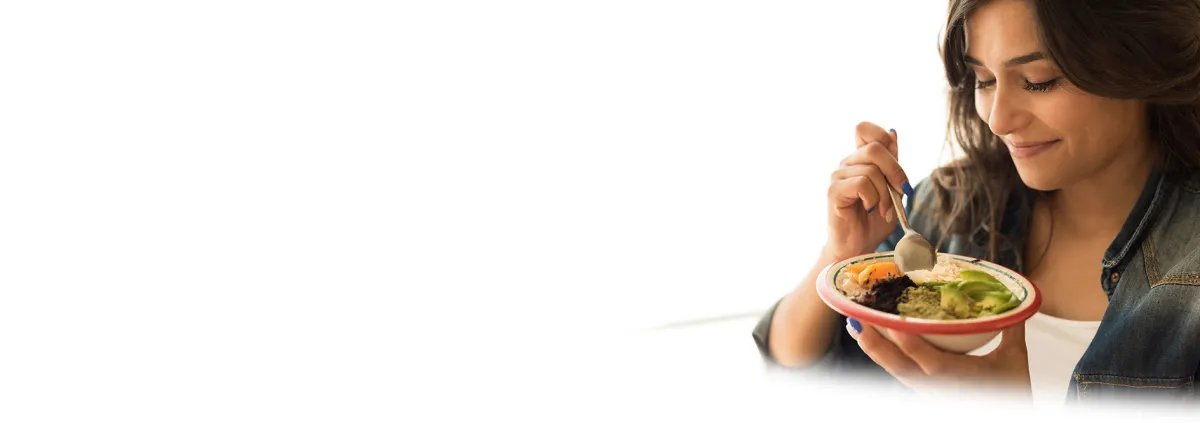Why do I need iron?
Iron is an important dietary mineral that is involved in various bodily functions, including the oxygen transport in the blood, optimal immune function and energy production.
How much iron do I need?
- Males aged 19+ years: 8mg of iron per day
- Females aged 19-50 years: 18mg of iron per day
- Pregnant women: 27mg of iron per day day
Some people might need more iron. These include vegetarians or vegans, athletes, regular blood donors and menstruating women.
Types of iron
There are two types of iron found in food.
- Haem iron is found in animal foods such as beef, chicken and fish. It’s more easily absorbed by the body than non-haem iron.
- Non-haem iron is found in plant foods such as beans, nuts, lentils and leafy green vegetables, breakfast cereals fortified (added) with iron, flours and grains.
To see if a food has been fortified with iron look at the ingredients list. If iron has been added it will be listed here.
Good sources of iron include
- Meat such as beef (3.5mg of iron per 100g), kangaroo (3.2mg of iron per 100g), lamb (2.5mg of iron per 100g), salmon (1.3mg of iron per 100g), tinned tuna (1.07mg of iron per 100g) and chicken (0.4mg of iron per 100g)
- Grains and cereals such as weetbix (4.2mg of iron per 30g), All bran (3.2mg of iron per 30g), wholemeal pasta (2.3mg of iron per 140g) wholegrain bread (0.4mg of iron per slice) and rolled oats (1.1mg of iron per 30g)
- Beans and lentils such as kidney beans (3.1mg of iron per 1 cup) and green lentils (3.0mg of iron per 1 cup)
- Tofu (2.96mg of iron per 100g)
- Nuts such as almonds (1.1mg of iron per 30g) and cashew nuts (1.5mg of iron per 30g)
- Leafy green vegetables such as broccoli (0.86mg of iron per 1 cup) and spinach (1.2mg of iron per 1 cup)
Tips to increase iron absorption
Eating foods that contain Vitamin C (e.g., berries, orange, sweet potato, broccoli, capsicum) will increase iron absorption.
Check out these NMNT recipes that combine iron and Vitamin C rich foods
Alan’s Garlic, Lime and Black Pepper Beef Stir-fry
For more tips on getting enough iron if you are vegetarian, vegan, or don't eat much meat head to this FAQ How to increase iron absorption in vegans and vegetarians
